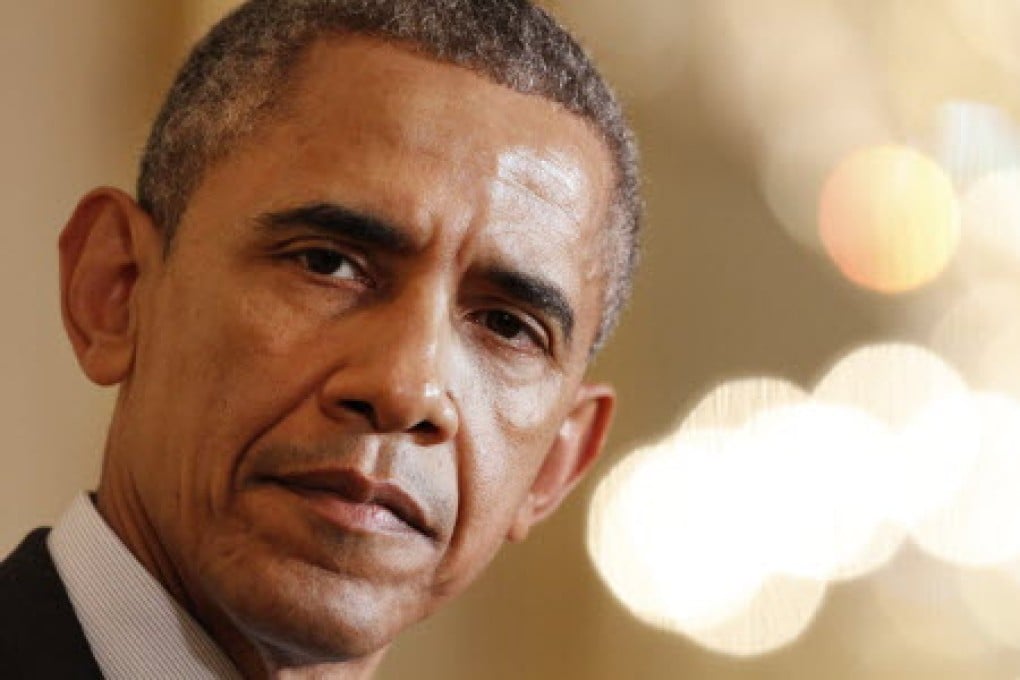
As Asians imagine a world without Lee Kuan Yew, I can’t help wondering what that diplomatic giant, with strong opinions on many things, would have made of the US’s lead-booted diplomacy over China’s new infrastructure bank?
My guess is he would say the United States is making an almighty cock-up of things, and would counsel a more subtle approach to the inevitability of China’s rise, and the practical need to make space for China, in particular in its own, Asian back yard.
The problem here is, of course, that the US cannot have it both ways
For those who missed it, US President Barack Obama and other top US officials berated Britain’s prime minister for joining the infrastructure bank, complaining this was evidence of London’s “constant accommodation” of Beijing. Despite what appears to have been intense US activity to get Western economies to boycott the bank, Germany, France and Italy have quickly followed Britain. New Zealand has already joined, and Australia and South Korea seem poised.
In my work in the 21-economy Asia-Pacific Economic Cooperation (Apec) grouping over the past two years, US discomfort has been very clear over China’s nurturing of an infrastructure bank – now formally called the Asian Infrastructure Investment Bank (AIIB). But the need for such an institution – not to compete with, but to complement the work of the World Bank and the Asian Development Bank – has been so screamingly clear that formal opposition within Apec has been unthinkable. With McKinsey estimating that the world needs US$57 trillion for investment in infrastructure like electricity, roads, ports and water over the coming two decades, it is clear we need every institution we can get. Note the World Bank has paid-up capital of US$220 billion, and outstanding loans of US$152 billion, while the Asian Development Bank has outstanding loans of just US$53 billion – drops in the bucket in terms of our infrastructure spending needs.
US diplomatic discomfort in managing China’s shockingly rapid rise has been clear for a number of years. It now seems ironic to glimpse back to the last years before China entered the World Trade Organisation in 2001, when the US was still berating Chinese diplomatically for “free riding” on the global trade and financial system and refusing to come forward with policy ideas or suggestions. In a not-so-nimble volte-face, the US seems now to be trying to depict China as a Machiavellian backyard bully bent on undermining the global Bretton Woods financial institutions that have provided stability for over six decades, while at the same time extending its power across Asia.
The problem here is, of course, that the US cannot have it both ways: if we want Beijing to be more thoughtfully and actively engaged, we can’t then expect it to sit at the table like a pliant puppy dog now that it has decided to engage.

